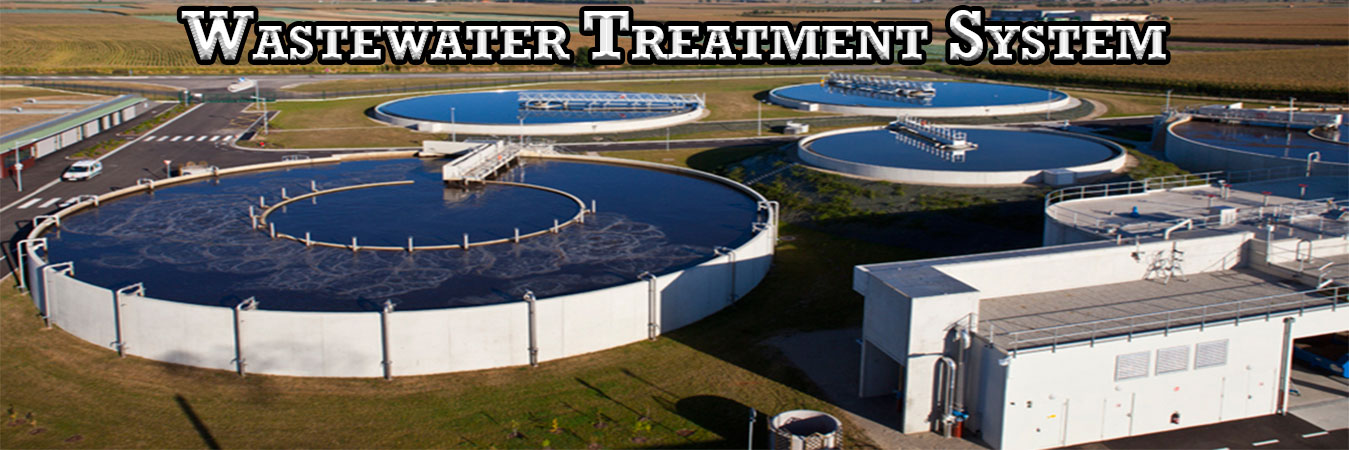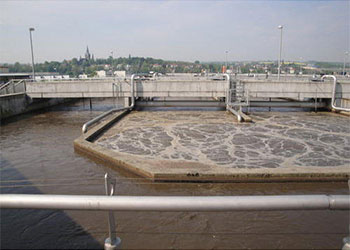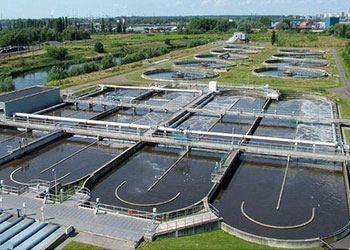
WELCOME
GJ WATER TECHNOLOGIES
- Technical Specification
- Gallery
- Quick Inquiry
- Wastewater Treatment Plant Chennai
- WTP Plant in Chennai
- Effluent Treatment Plant Consultant
- ETP Plant Consultant
- Sewage Treatment Plant Consultant
- STP Plant Consultant
- Industrial RO Plant
- SS RO Plant
- Iron Removal Water Plant
- Mineral Water Plant
- Waste Water Recycling Plant Construction
Wastewater Treatment System
Wastewater treatment systems play a pivotal role in maintaining the delicate balance of our ecosystems and ensuring the sustainable use of water resources. As human populations continue to grow and industrial activities expand, the generation of wastewater has surged, posing significant threats to the environment and public health. Wastewater treatment systems have become indispensable in mitigating these challenges by efficiently removing pollutants and contaminants before discharge, thereby safeguarding water quality and preserving the ecological integrity of our water bodies.
Understanding Wastewater:
Wastewater is a byproduct of various human activities, ranging from domestic households to industrial and agricultural processes. It contains a diverse array of contaminants, including organic and inorganic substances, pathogens, and nutrients. If left untreated, these pollutants can lead to severe consequences such as waterborne diseases, eutrophication, and the degradation of aquatic ecosystems.
The Wastewater Treatment Process:
Wastewater treatment involves a series of physical, chemical, and biological processes designed to remove impurities and render the water safe for discharge or reuse. The primary treatment phase typically includes the removal of large solids through screening and sedimentation. Secondary treatment employs biological processes to break down organic matter, while advanced treatment methods address specific contaminants like heavy metals and pathogens. The final stage, disinfection, ensures the elimination of any remaining harmful microorganisms.
Environmental Benefits:
Wastewater treatment systems provide a range of environmental benefits. By removing pollutants, these systems prevent the contamination of natural water bodies, preserving aquatic ecosystems and biodiversity. Additionally, treated wastewater can be safely reintroduced into the environment or reused for various purposes, reducing the demand for freshwater resources and promoting sustainable water management practices.
Public Health and Safety:
The proper treatment of wastewater is crucial for safeguarding public health. Untreated or poorly treated wastewater can serve as a breeding ground for disease-causing microorganisms, posing significant risks to human health through the contamination of drinking water sources. Wastewater treatment systems play a critical role in preventing the spread of waterborne diseases and ensuring the safety of communities.
Technological Advancements and Innovation:
Ongoing research and technological advancements continue to enhance the efficiency and sustainability of wastewater treatment systems. Innovations such as membrane bioreactors, advanced oxidation processes, and decentralized treatment solutions contribute to the development of more robust and adaptable systems. These advancements are essential in addressing emerging challenges and adapting to evolving environmental conditions.
Conclusion:
Wastewater treatment systems are indispensable components of a sustainable and resilient water management system. Their role in protecting the environment, preserving water quality, and ensuring public health cannot be overstated. As global populations continue to rise and water scarcity becomes an increasing concern, the importance of investing in and improving wastewater treatment infrastructure becomes ever more apparent. By recognizing the significance of these systems and promoting innovation in wastewater treatment technologies, we can work towards a future where water resources are efficiently managed, ecosystems thrive, and communities enjoy access to clean and safe water.
Gallery



